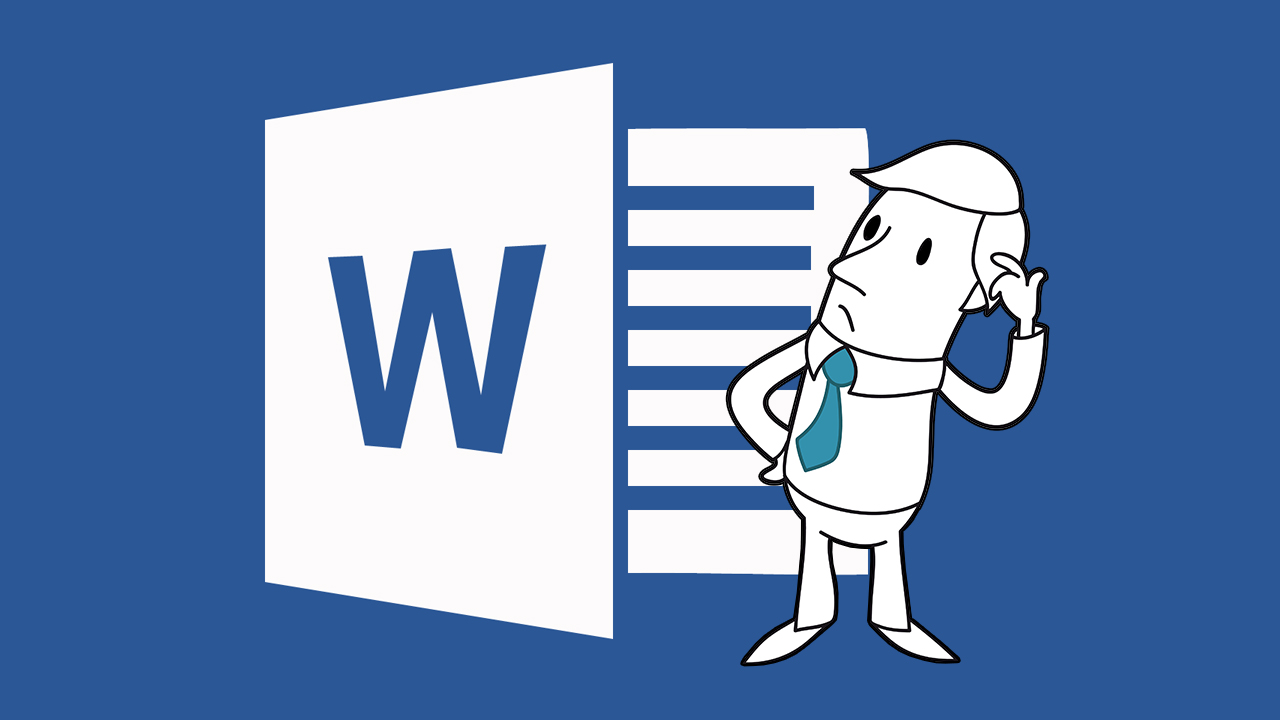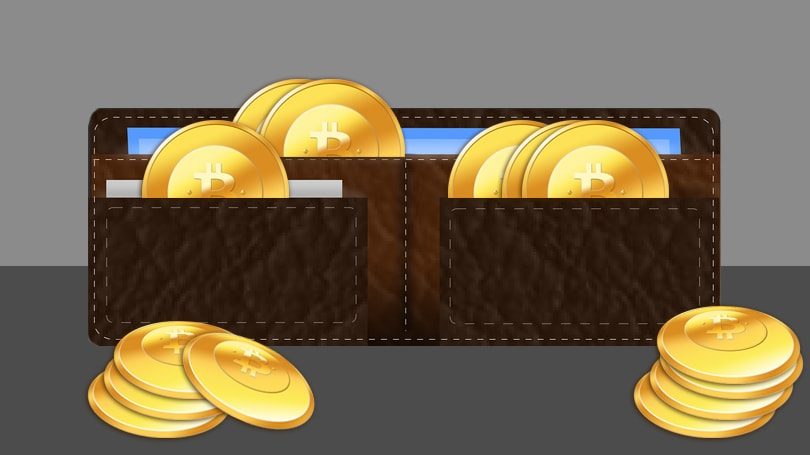Bitcoins are digital currency and Bitcoin wallets don’t hold actual Bitcoins, those are essentially stored in the block chain. Instead, Bitcoin wallets hold the private keys that give the users access to use those coins. Also Bitcoin wallets usually come with two keys. The public key lets any Bitcoin user send a sum of Bitcoins directly to any other Bitcoin user without a middleman. The private key however, should be kept secure most since anyone who gets a hold of it can access all Bitcoins in it.
With so many Bitcoin wallets in existence, you are probably wondering which one is better suited for you, well, in this article I have compiled some information that may help you a great deal in making that decision.
First of all, you must know that there are what we call hot wallet and the cold storage wallet. A hot wallet in Bitcoin refers to any kind of online wallet. These can be accessed from anywhere from a web portal and such wallets aren’t recommended since the wallet is stored online which makes it prone to hacking and other cyber crime.
A Cold storage wallet then, is that type of wallet that is stored offline. They are stored physically and therefore hackers can’t access them. With the knowledge of those two types of wallets let’s look at the different types of Bitcoin wallets you can use.
1. Online wallets
These are also termed as web wallets and they are preferably the easiest to use amongst all the different types of hot wallets. Signing up for an online wallet is no different from signing up for a new account on blockchain or any other similar service for that matter. The best is you can access your wallet from anywhere on any device that is connected to the internet hence efficient for transacting. However, you should also note that such wallets have their bad side too, your keys are stored on another server which is prone to hacking. For example, in 2014 Mt. Gox, a popular Bitcoin exchange site was hacked and the hackers stole Bitcoins worth $460 million. That’s why, if you do small transactions daily then you can use an online wallet, but if you hold a large amount of Bitcoins, it’s better to not opt for an online wallet.
2. Hardware wallets.
Hardware wallets are individual cold storage devices that generate keys on the fly while making a transaction. They work like a USB stored wallet or as a way to securely keep track of several paper wallets. They have to be plugged into your computer while making a transaction. These are really convenient to use and you do require the complex technical knowledge. With this wallet, you also have good backup options just so you don’t lose access to your account. You can also secure it with a password. If you deal in Bitcoins on a regular basis, then its better you invested in hardware wallets like ledger wallet or TREZOR.
3. Software wallet
With software wallets, you require the download of software clients to create and use a wallet. These are available for both mobile and PC platforms. Some desktop software clients like Bitcoin core require downloading the block chain which is more than 100GB in size and of course if you are on a limited data plan this just doesn’t favor you. However, desktop clients like Multibit allow you to create and use a wallet minus downloading the block chain info. Armory is quite another popular alternative though it is a bit cumbersome for non-technical users to set up. Keep in mind that all those software wallets are cross platform.
Also, you can download a wallet app and create and use your new wallet right away on your mobile devices since software wallets are easier to use on mobile devices. Mycelium is one such service provider that offers a secure wallet for android and iOS users inclusive of backup features. Copay is also another good wallet client. They even have desktop service too. However, even with all these secure, easy to use wallets, you should always important to note that they are only secure if the devices enabling them are also secure since its pretty much easy for any malware to steal your info.
4. Paper wallets
Paper wallets are quite unique and for their case, your public and private keys are printed out on a piece of paper therefore making them more secure than using software or online wallets. It’s also one of the cold storage methods since its offline. In most cases online or software wallet services allow you to print your existing keys, but if in case they don’t, then you can as well create a wallet using BitAddress and print the keys. For you to use the wallet, you have to add your public-private key combination into your existing wallet service. You must be aware that Bitcoin paper wallets also have their trade-offs too, like getting torn or damaged by water, etc. and so it is advisable to make lots of copies in-order to be on the safer side.
With all that, I guess you now have a range of options to choose from and you are able to make the right choice basing on your preference of Bitcoins wallet to use. You can let us know your thoughts about these wallets in the comment section.



















